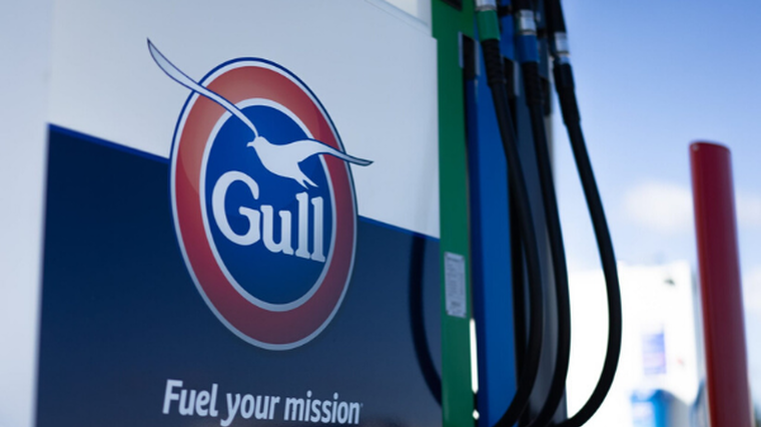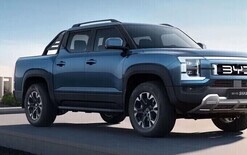Call for biofuels mandate

The boss of a fuel company is warning the Climate Change Commission’s draft advice risks putting “all of New Zealand’s transport eggs in one basket”.
Dave Bodger, general manager of Gull New Zealand, welcomes the recommendations put forward by the commission for helping engage the public in discussing the need to decarbonise.
However, he adds that process can start now if the government revisits past legislation to support biofuels.
Bodger says instead the commission’s draft report appears to be more about changing the national fleet to predominantly electric vehicles (EVs).
“This places all our eggs in one basket. The existing fleet can begin decarbonising now by moving to biofuels,” he explains.
“Biofuels are manufactured now from plant sugars, plant oils or from animal by-products.
“Unfortunately, these feedstocks are always more expensive than crude oil out of the ground. The final product is thus more expensive than mineral petrol or diesel.
“Therefore, biofuels only exist in meaningful quantities around the world where there is government mandate, subsidy, or both.”
Bodger notes the government’s excise exemption on ethanol has been an effective subsidy for companies providing biofuels in the past.
He adds a mandate with the existing subsidy can help establish a market and move all parties along a path to decarbonisation.
“New Zealand has mandate legislation ready to go, it was in law until 2008 but was repealed before it came into effect.
“We believe it would have worked and substantially accelerated our decarbonisation with the existing fleet. All we need to do is blow the dust off the old version and bring it in to play.”
The commission has called for the majority of imports to be electric vehicles (EVs) by 2027 and for a ban on bringing new petrol and diesel cars into the country by 2035 at the latest.
It has received more than 15,000 submissions following a period of public consultation that closed at the end of March.
Officials at the commission are now poring over the feedback before presenting a final report to government by the end of May.





